Georgia STOMP 2021 Legislative Priorities

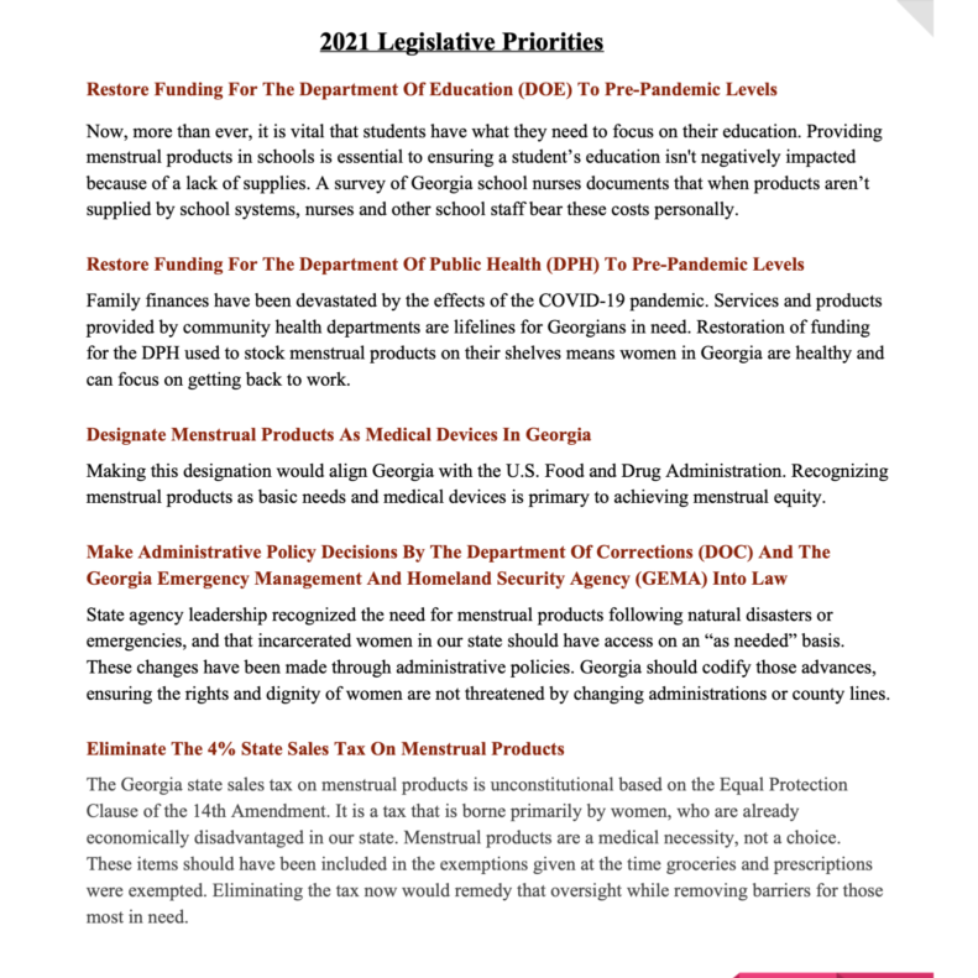

Since the work of Georgia STOMP began in 2017, leaders have tried to base advocacy decisions on hard data and known facts concerning the need for period products in various cohorts of Georgia’s population.
The recurring issue has been a severe lack of data! Research exists in low-income countries, but the need for period products in the US, remains, for the most part, undocumented. Other than an oft repeated result of a study done in 2017 by Always Brand — “Nearly 1 in 5 American Girls Have Missed School Due to Lack of Period Protection” — little data has existed.
In February of 2019, a study out of St. Louis University looked at the “Unmet Menstrual Hygiene Needs Among Low-Income Women.” Georgia STOMP attendees at the 2019 National Summit for Period Leadership were thrilled to hear a presentation of that study by lead researcher, Dr. Anne Sebert Kuhlmann. Look for an article published by Dr. Kuhlmann, soon!
At the same event, Dr. Kelley Massengale, Director Research & Evaluation at the Diaper Bank of North Carolina, presented research compiling data from The Alliance for Period Supplies (APS) Allied Programs. These programs provide menstrual products at locations throughout the country. A full paper on that research is forthcoming, but Dr. Massengale, recently provided Georgia STOMP with a summary of the preliminary results.
As Georgia STOMP has grown as a coalition, a concerted effort has been made to connect with public health researchers throughout the state working to understand the health needs of women. Numerous of these distinguished researchers have formally joined the coalition and are pursuing research projects to shed light on unmet menstrual needs in Georgia. We are grateful for their input, insights and guidance as we seek to align public policy with the need for menstrual equity.
Additionally, Georgia STOMP is aware of 4 research projects addressing menstrual equity and the elimination of period poverty currently underway:
The existence of these studies and how they will inform future advocacy and policy work of Georgia STOMP cannot be overstated!


Guest Blog by Dr. Ronke Olowojesiku, recent graduate of Augusta University/University of Georgia Medical Partnership and the Medical College of Georgia. Prior to her move to Washington, DC to begin her Residency, Dr. Olowojesiku was an active supporter of Georgia STOMP through partner organization, Period UGA.
Something as simple as reaching into a drawer for a tampon or pad can easily be taken for granted. Imagine if before reaching into said drawer, you had to ask permission to do so, and that, once permission was granted, it no longer mattered because the drawer was empty and would not be refilled until later. In the meantime, you had to make do with pieces of toilet paper or nothing at all, hoping that you would not soil yourself, sitting in feelings of anxiousness and humiliation. This narrative reflects the stories that were shared by women currently imprisoned in the state of Georgia. In February 2020, a survey was conducted at Whitworth Women’s Facility, a state penitentiary in Hart County, Georgia, asking women about their experiences with menstrual product access at their local and county prisons prior to transfer to Whitworth, and their experiences at the state prison. The findings from the survey speak to an under addressed issue within our state with regards menstrual product access for those who are incarcerated.
The 11 women who responded to the survey were held at 10 different local and county facilities prior to transfer to Whitworth. While most of the respondents said that menstrual care products were available free of charge at their local or county facility, almost all of them said they did not have direct access to the products. They typically had to go through a prison official to gain access, and many times these officials were male. In describing their experiences in accessing products, the women shared feelings of embarrassment, apprehension, and/or feeling dismissed or not being taken seriously. Says one respondent regarding requests for products,
We often were made to feel like a burden for asking for more. It was very humiliating having to ask the men and nothing we could do if they chose not to or forgot.
Yet another woman reported having to wait to get products, saying,
If your menstrual started while we were in our cells we were told to use tissue until ‘free time.’
In contrast to these reports, at Whitworth, products are kept in a central cabinet which the women have unrestricted access to. While some reported concerns of others taking more products than needed, overall, less women reported issues getting products or feeling uncomfortable about accessing products when compared to their prior experiences at local and county facilities. This finding is promising and presents an alternative for managing menstrual health and hygiene in prisons.
Adequate menstrual hygiene helps to prevent reproductive and urinary tract infections, as well maintain individual dignity. Menstruation is a normal, physiological process that should be respected and well cared for, regardless if one is imprisoned or not. The reports from these women show that providing the products is not good enough; thought and care into how these products are distributed is needed. If there are obstacles, such as having to pay for products, having to go through a prison official, or having to ask a male official, then those who need the products are less likely to get them and are more likely to experience poor outcomes as a result. No one should be made to feel like a burden for a process that their body naturally undergoes, and steps should be taken to ensure that this is not so.
Dr. Olowojesiku’s Data Summary in pdf format: Menstrual Product Survey from Whitworth Women


Last night, this message was sent to all School Nurses in Georgia, from Krista Lowe, the School Nurse Consultant for the Department of Education.
If you are a school nurse, hope you have already seen it and taken action!
If you are an advocate but not a school nurse, connect with your local school system to encourage them to do everything they can, to get state funded period supplies to their local nutrition director for distribution!
“Periods don’t stop for pandemics,” as pointed out in this New York Times piece over the weekend. Students need these products during distance learning as much as they needed them when in the school building!
Thank you for reminding us of that, Krista!
Good evening,
I hope you all are staying home and healthy. I have heard so many wonderful stories of all of the things our school nurses are doing across the state while their students are at home. I know many nurses are working to help distribute school meals to students in need. I wanted to suggest that if your district has spent their feminine hygiene grant money to purchase the products, districts should think of various ways to get these products to their girls in need. Dr. Linette Dodson, State Director for the School Nutrition Program, has reached out to the local nutrition directors to encourage distribution of these items when distributing lunches to students. Please consider ways to help our girls who could benefit from this program, and feel free to share any innovative ways your district is distributing these products.
Sincerely,
KristaKrista Lowe, M.Ed., BSN, RN
School Nurse Consultant
Georgia Department of Education
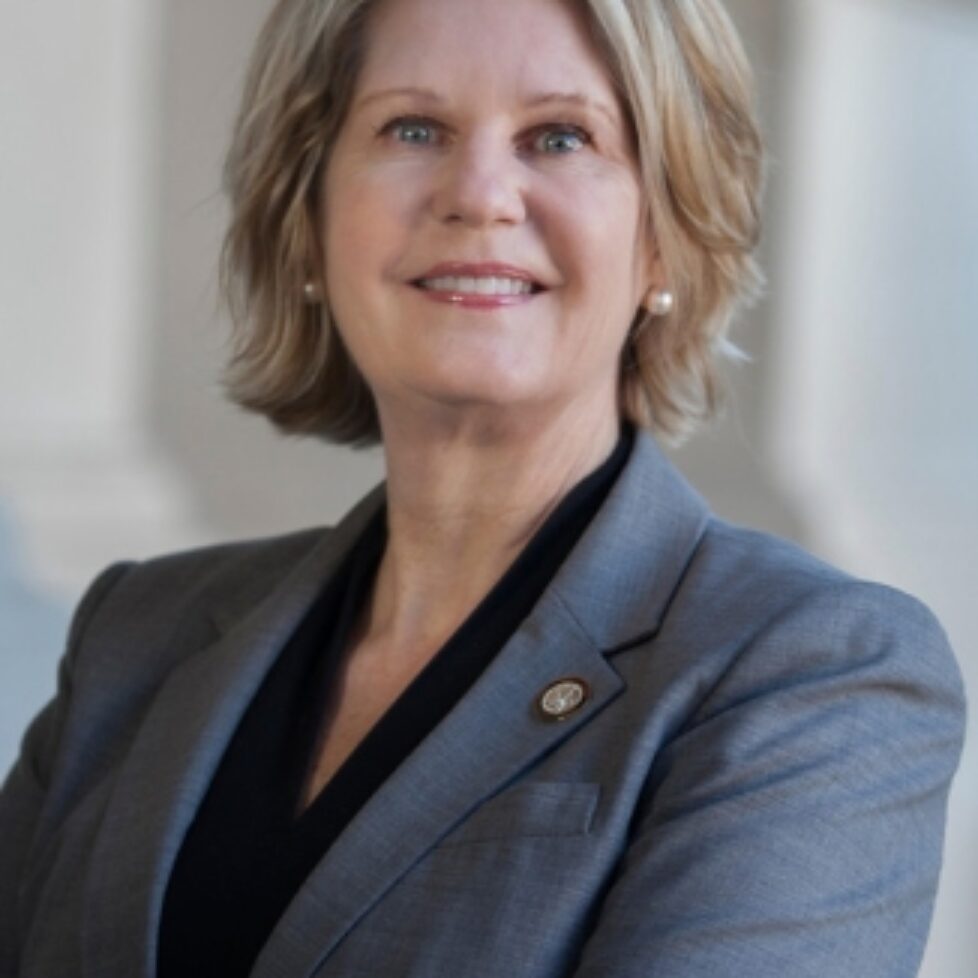
On Wednesday, January 22nd, Dominique Holloman (Chair, JL of Ga SPAC), and Adele Stewart (Co-Lead, Georgia STOMP), met with Speaker Pro Tempore Jan Jones to discuss her support of menstrual hygiene product availability in schools and inquire how Georgia STOMP could assure the continued allocation of funds for that purpose.
The Speaker Pro Tem was strong in her support of this initiative, and plans to add language this year focusing the allocation on districts and schools that have both high poverty rates and surrounding areas of low wealth. That, she says, will ensure schools which cannot fund these products on their own, will receive the money and get the products to students most in need.
Moreover, the Speaker Pro Tem noted that Georgia STOMP would do well to identify additional gaps in menstrual product access where the Legislature’s attention may be impactful. If you have seen gaps in your community, please email us with your experiences so that we might gather feedback and offer anecdotal evidence about addressable instances of period poverty in Georgia.
Stay tuned for more updates on HB8 as the legislature returns this week!

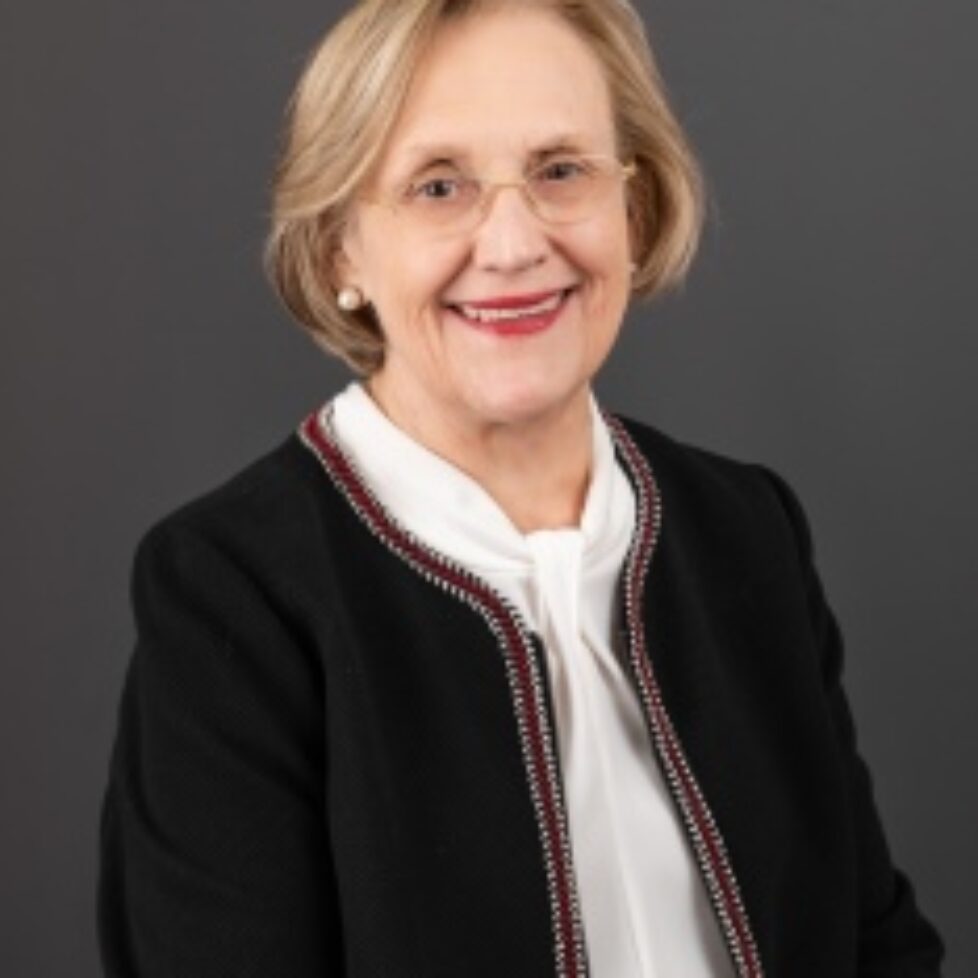

Following a request from Rep. Debbie Buckner and Rep. Teri Anulewicz to Chairman Sharon Cooper of the Health and Human Services (HHS) Committee, HB8 was officially moved out of the Ways and Means Committee and into HHS on Wednesday, January 29th!
It had been made clear that HB8 would NOT get a hearing in the Ways and Means Committee this session. Objections to the bill are varied, but include that despite being classified as medical devices by the FDA, menstrual products are not considered medical devices in Georgia. The goal of moving to HHS is to get that designation accomplished. Chairman Sharon Cooper has voiced support of that effort, so we are hopeful for a successful 2020 legislative session!
Once the definition of the devices is changed in Georgia, we will work with the Department of Revenue to accomplish the tax exemption.
Stay tuned for a “Tax Free Tuesday” email with information on how to advocate for the change of definition of menstrual products in Georgia!
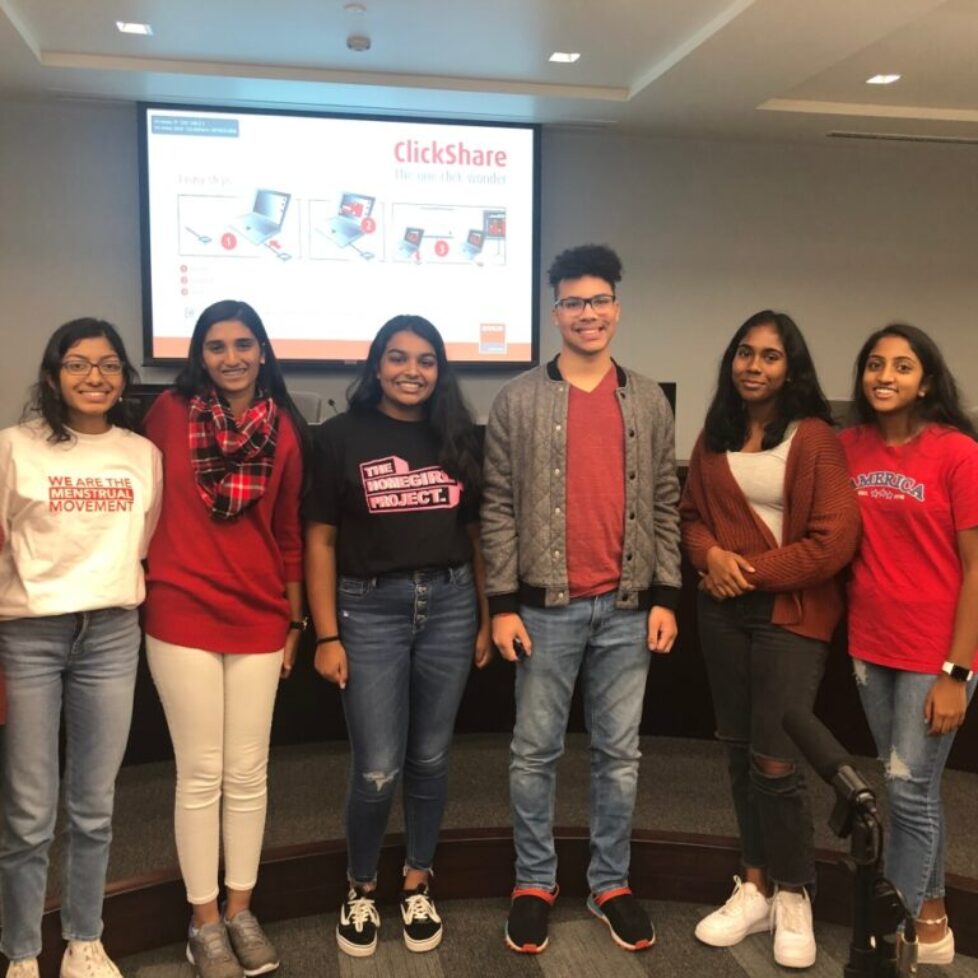
This guest blog post was written by Aanika Eragam, student at Milton High School and a Homegirl Project fellow. On December 3rd, Aanika spoke to the Fulton County School Board about the need for period products in Fulton County Schools. Prior to that, Aanika reached out to Georgia STOMP regarding her research and intention to speak to the School Board. We are honored to be connected to such a capable young leader! Watch the video and hear why!

On December 3, 2019, a coalition of high school students presented a resolution to the Fulton County School Board, requesting a specific policy amendment that would require secondary schools to provide menstrual products free of cost in restrooms. The event was a culmination of collective student outrage stemming from a lack of access to period products in the school setting, an issue that holds grave implications for students’ mental and physical wellbeing, as well as their academic achievement. When products like toilet paper, hand soap, and paper towels are available free of cost in all restrooms, students had to ask why menstrual products, which are also considered a basic necessity, are not.
Students explained to the Board how a lack of free-of-cost menstrual products in public schools confiscates the basic dignity of students, disrupts the learning environment for girls, and for those living below the poverty line, leaves them without basic access. Students hope they made a strong case to the Board and placed period poverty on the agenda. They will continue to work towards ensuring accountability through civic engagement at the grassroots level.

With the 2019 legislative allocation of $1M for provision of feminine hygiene products in schools, the Georgia Department of Education (DOE) created a distribution formula that satisfied the intention of elected officials to begin addressing the issue of period poverty faced by Georgia students. In August, this formula was approved by the State Board of Education and the expectation was that the money would begin flowing. However, shortly after the State BOE approval of fund distribution, Governor Kemp announced his expectation that all state agencies cut spending by 4% in the 2019-2020 budget. Kemp’s announcement meant DOE had to hold the new funding while determining what the 4% cuts meant for allocations.
During the interim, while distribution was being finalized, Georgia STOMP worked with DOE to develop language and information that would be sent “with the money” when distribution did occur. We are thrilled to announce that on Wednesday, November 30th an email was sent to all Georgia Superintendents relating how much money was allocated for their district and explaining the intended purpose of the money and best methods for distribution, a document we were happy to see contained Georgia STOMP’s “voice.”
Attached is the FY20 Feminine Hygiene Grant Direct Certification for the funding. Many will notice the amounts in this document are different than the August document posted here. There are two reasons for this — first, this spreadsheet reflects the 4% cut in the $1M allocation, and second, the August document erroneously calculated funding based on all students in a system vs allocating based on the number of low income students in a school system.
Please use this information to contact your school leadership in order to fast-track the conversion of this money into period products placed in the hands of students who need them! If you have any questions about the distribution or can give us feedback about the implementation in your school system, please contact us at georgiastomp@gmail.com!
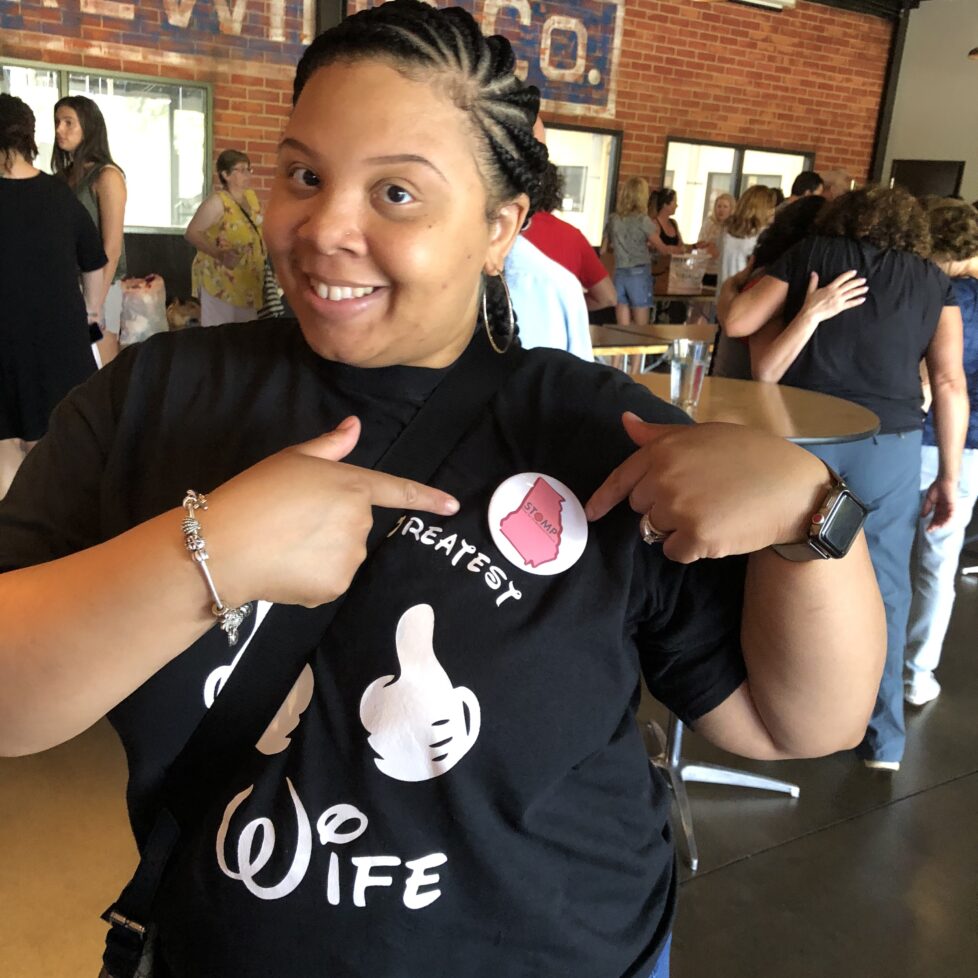
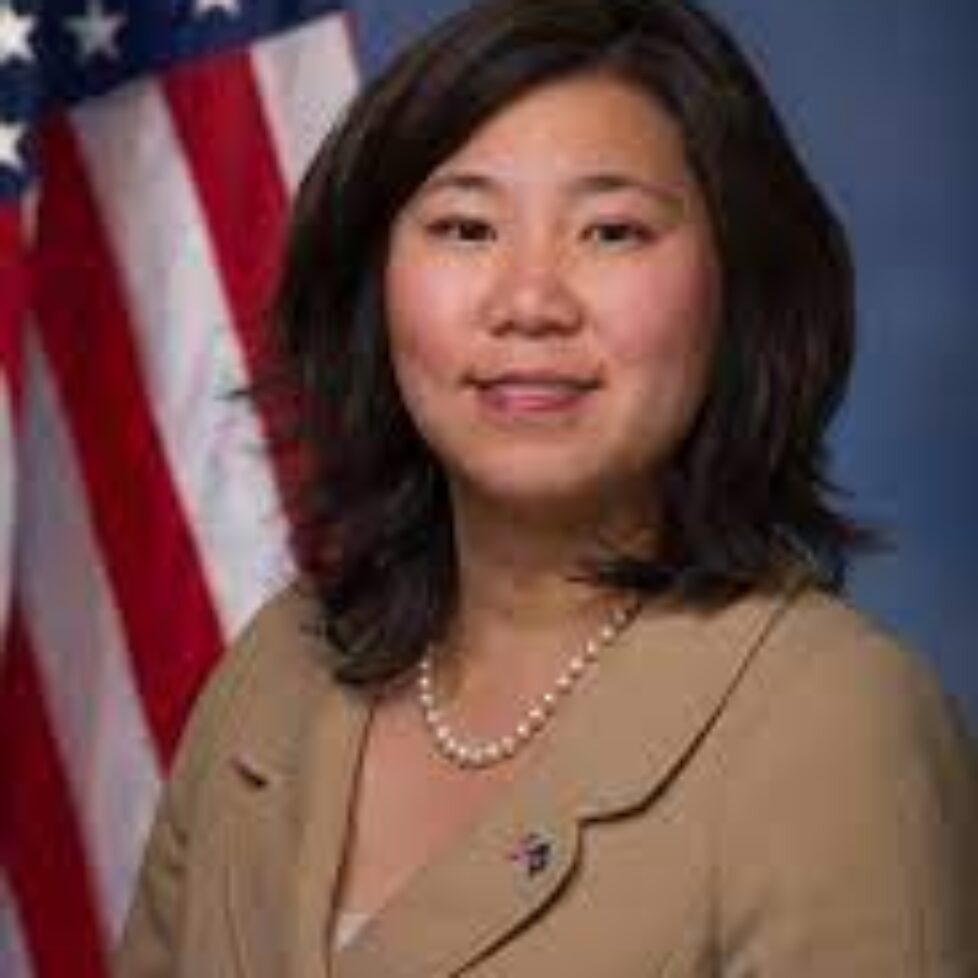
The Georgia STOMP coalition recently received this update from the office of Congresswoman Grace Meng – Queens, New York.
For Immediate Release: August 27, 2019
MENG SECURES PROVISIONS TO IMPROVE ACCESS TO MENSTRUAL HYGIENE PRODUCTS
WASHINGTON, D.C. – U.S. Rep. Grace Meng (D-NY), who has championed menstrual equity issues in Congress, announced today that she has secured even more provisions to make menstrual hygiene products more accessible to women and girls. These measures were included across several fiscal year 2020 spending packages that recently passed the House of Representatives. They consist of the following items:
In addition to the above items, Meng is continuing to push the Menstrual Equity for All Act, a bill she introduced earlier this year that is the first comprehensive measure to address the different challenges that women and girls face in affording and accessing menstrual hygiene products. The Congresswoman is also sponsoring the Menstrual Products Right to Know Act which would require companies to list the ingredients in menstrual hygiene products; the Menstrual Hygiene Products in Federal Buildings Act which would require menstrual items to be available in U.S. government buildings; and a resolution to recognize Menstrual Hygiene Day. In addition, she recently testified about her legislative efforts before two House committees.
“Access to safe, affordable menstrual hygiene products is a basic need and a health care right for over half the population,” said Meng. “It is a human right, which is why I will do everything I can to ensure these items are accessible to all who need them. One’s dignity cannot be comprised or diminished for these life essential items. It has been a privilege to lead the menstrual equity fight in Congress, and I will remain fiercely committed to this effort until every woman and girl has access to these necessary products.”
Meng’s provisions were included in several different appropriations bills including Labor, Health and Human Services and Education; State and Foreign Operations; Commerce, Justice, Science; and Military Construction, Veterans Affairs and Related Agencies.
Contact Information for Meng’s office: Jordan Goldes, 718-445-7861